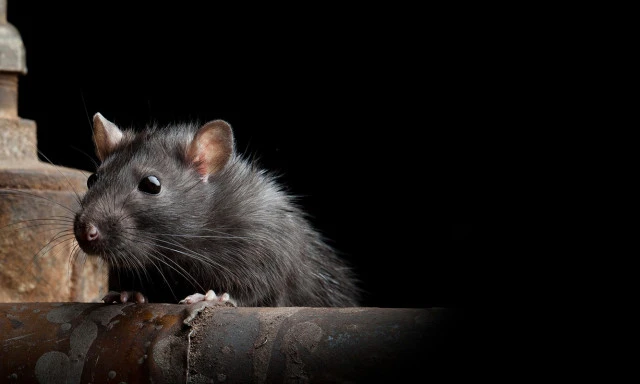Scared Rats and Inquisitive Mice – Be Patient when Getting Rid of Pest Rodents
In general, rats are regarded as neophobic and mice neophilic.
Neophobia is defined as the avoidance of an unfamiliar object in a familiar place. It is important to understand this behaviour of rats for efficient baiting and trapping. Neophobia causes problems because neophobic animals will avoid new foods and even foods previously eaten if they are placed on or in a novel object. The response varies, not only between species but also between populations of the same species and between individual rats.
Some research suggests mice are neophilic; that they tend to approach unfamiliar places or objects. Again, the level of neophilia depends on the populations and individuals.
When it comes to baits, bait stations and traps understanding these behaviours can help the efficient control of these rodents.
Scared Rats
Neophobic rats are ‘scared’ of new things in their familiar environment, so they may avoid bait stations or traps, until they become comfortable with their presence. So, if rats are not feeding on bait in a station or being caught in traps, be patient and the rats will be likely to interact with them after a few days. Do not be tempted to move the stations or traps to another location; this may only serve to make the rats phobic of the object in the new location.
You can help reduce neophobia by covering bait station and traps with objects present in the location, e.g. Place branches, leaves or rocks against or over the station, essentially camouflaging it.
You can also reduce neophobia for stations by using a non-toxic bait of the food the rats might be eating naturally in the station for a couple of days, this gets the rats used to feeding in the station, before switching to the toxic bait.
With traps, you can reduce neophobia by placing the baited (or non-baited) traps without setting them. Once the rats are used to the position of the traps they will interact with the traps more readily, then set them.
Inquisitive Mice
You might think the neophilic nature of mice makes them easier to control but this inquisitiveness makes them nibble feeders; taking small nibbles and moving rapidly to the next ‘interesting’ thing. Thus, if you have only a few baits or traps it may take longer for the mice to have interacted with the bait to have taken a lethal dose or to have been caught in a trap.
You can improve the efficiency of your baiting and/or trapping programme by placing many bait stations, baits and traps where the mice are travelling so that they encounter and interact with baits several times in their feeding route and have nibbled bait in several locations or encounter traps more often and increase the likelihood of being caught.
Be Patient
As well as being patient and waiting for rats and mice to take baits, it is important to know that rodenticides are slow to act on rodents for two very good reasons:
Safety – should a non-target animal accidentally get hold of some bait there is time to give the animal the vitamin K antidote.
Efficacy – by the time the rodenticide starts to take effect the rodent has fed many times on the bait will have taken many times a lethal dose. If the rodenticide made the rodent feel ill quickly and before they had taken a lethal dose they may associate the illness with the bait and stop feeding on it. This is known as bait shyness.
Rodenticides usually take 4-5 days to take effect.
So be patient in your rodent control and you will get rid of the rats and mice from your property most efficiently.
- View the 1-2-3 Rodent Control Programme
- 1-2-3 Rodent Trapping Programme
- NO Rats One Feed Bait Stations
- NO Mice One Feed Bait Stations
- Videos on How to Get Rid of Rats & Mice


